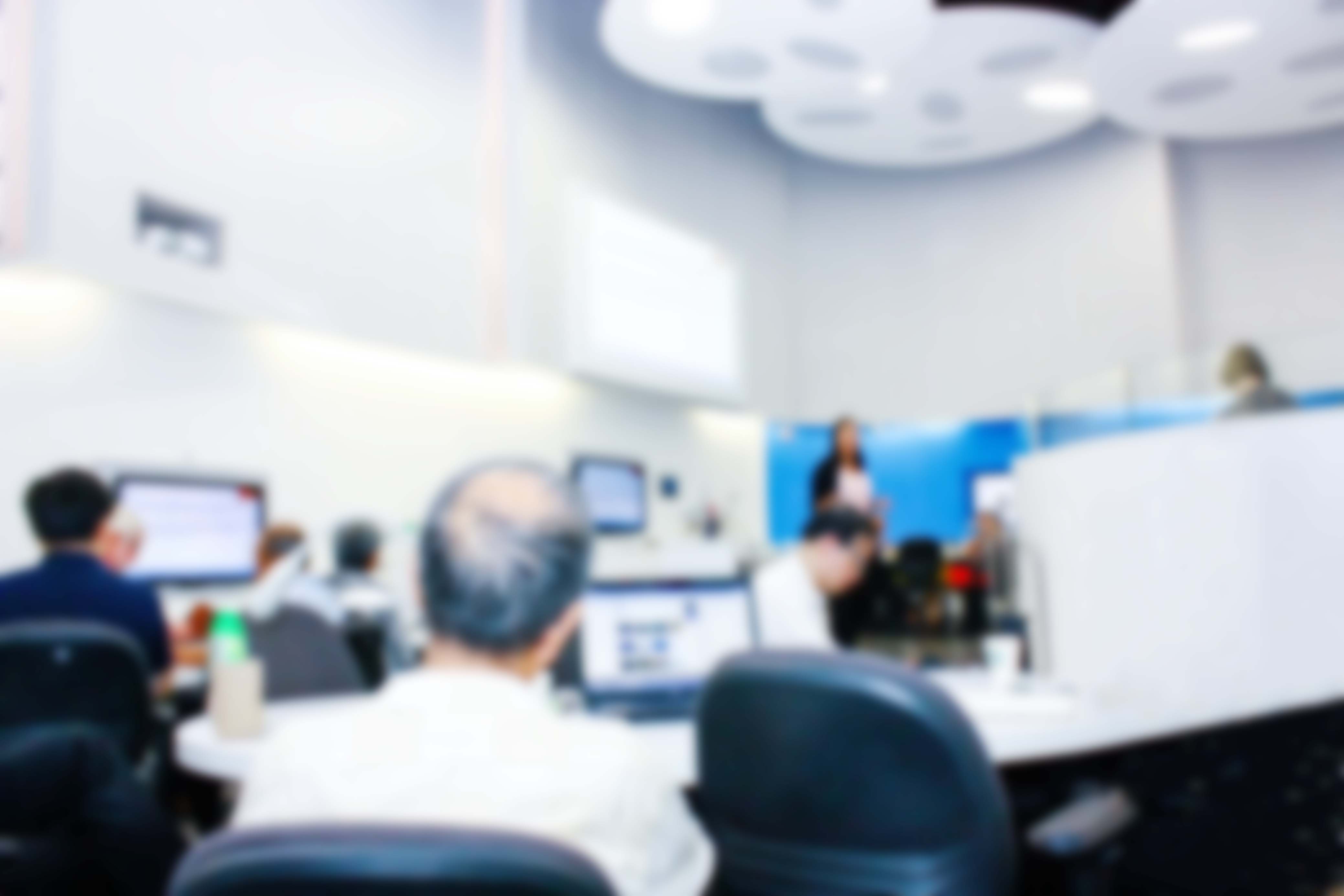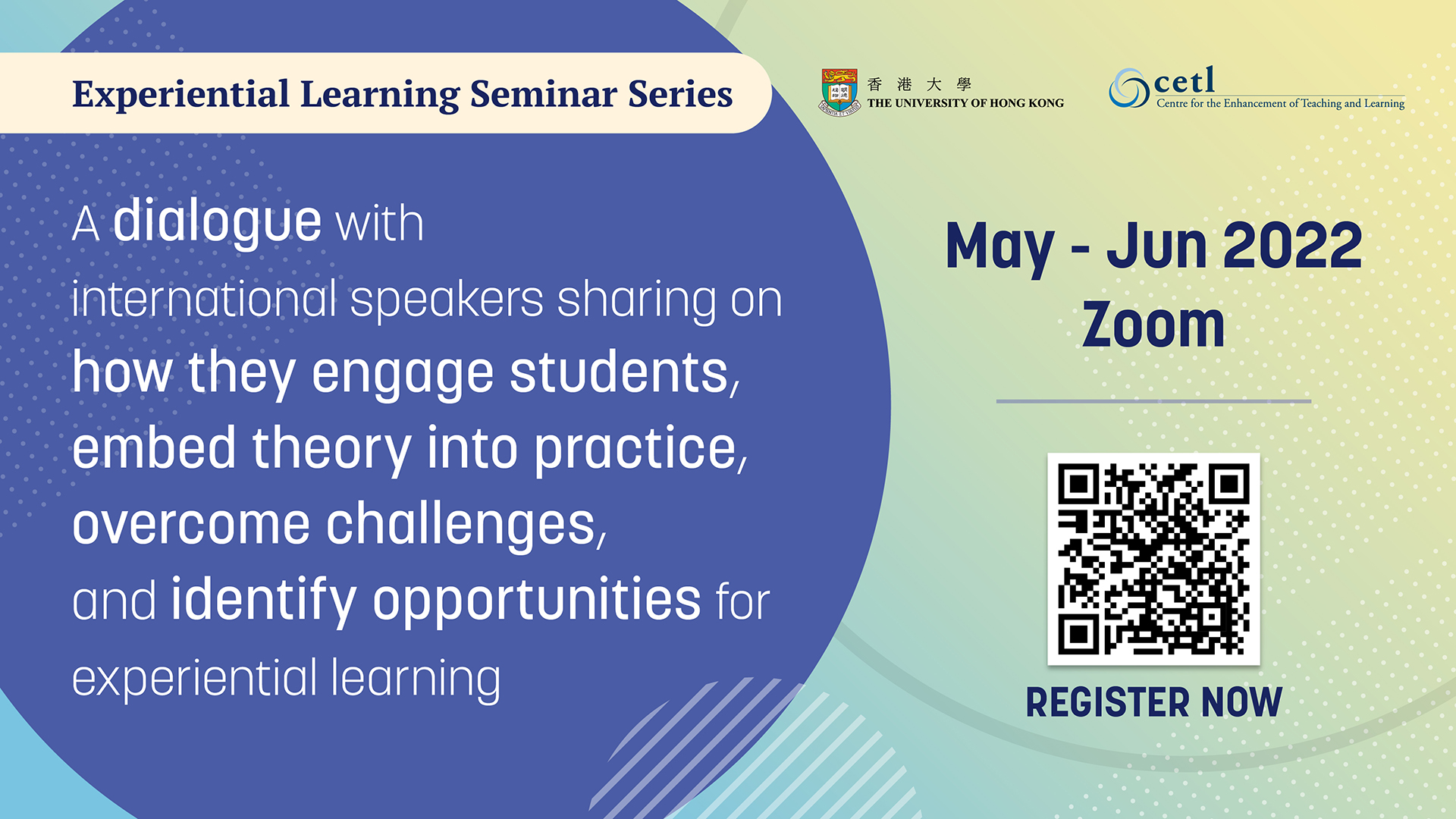
Organised by Centre for the Enhancement of Teaching and Learning (CETL)
Practicing Experiential Learning is not the same after the pandemic. Are you inspired to see how other international leaders are engaging in online Experiential Learning? HKU CETL invites you to join us for an interactive Experiential Learning seminar series. We will have a dialogue with international speakers who will share with us how they engage students, embed theory into practice, overcome challenges, and identify opportunities for experiential learning. Please join us in this exciting series. All are welcome.
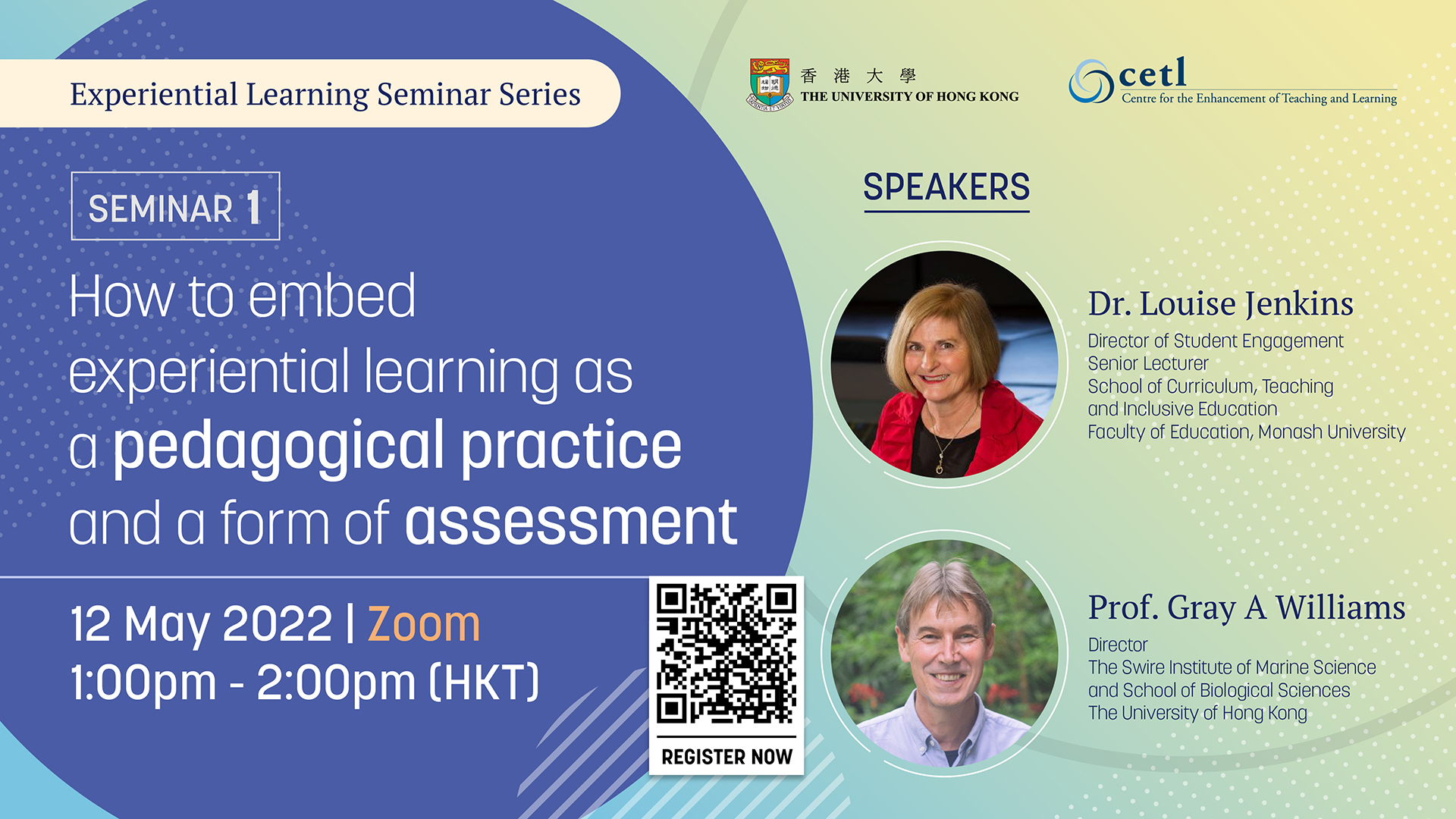
Time : 1:00pm – 2:00pm (HKT, UTC+8)
Venue : Zoom
Speakers :
Abstract
Experiential Learning in Initial Teacher Education courses: connecting the university learning to the professional space – by Dr. Louise Jenkins
The provision of an impactful educational experience for students which engages them positively in their learning, are two important goals for educators in school and university classrooms. Globally, universities also have an imperative to support the development of graduates who will be successful in gaining employment and in the navigation of their professional careers. To enable these outcomes, universities need to develop appropriate professional skills and understanding in their students to prepare them well for their chosen profession. Experiential Learning provides an opportunity to achieve all the above while engaging students in meaningful and positive learning.
This presentation discusses Experiential Learning as an inclusion in university Initial Teacher Education (ITE) courses to support the development of crucial professional skills and understanding for the students. Experiential Learning enables strong links to be drawn between theory and practice to develop students’ readiness for the professional space. Given the educational landscape has recently been significantly affected by the global pandemic, educators now need to consider flexible approaches which cater for sudden and unexpected changes to the way they may be required to teach.
An example of how to embed Experiential Learning as a pedagogical practice and form of assessment in an ITE music method classroom will be discussed, including how this was achieved as an online offering when the pandemic unexpectedly impacted ‘face-to-face’ learning. The benefits for the ITE students’ professional development will be outlined, as well as how this learning extended positively into the professional school environment for graduates.
About the speakers
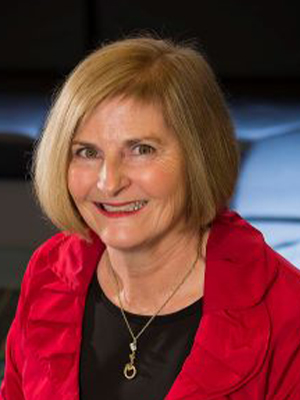
Dr Jenkins’ strong teacher practitioner focus and emphasis on teacher-led research underpin all of her professional endeavours. She uses Action Research and Experiential Learning in her pre-service teacher classes to drive flexible and contemporary teaching practice and to enhance positive educational outcomes for all her students. In particular, she uses Experiential Learning as a form of assessment in her pre-service teacher music method classes to increase learner engagement, develop strong and contemporary pedagogical practice for her students and enhance professional skills and understanding.
Additionally, Dr Jenkins has researched in the areas of educational inclusion for migrant and refugee youth and pre-service teachers’ skills in relation to working with LGBTIQ+ school students. She has also devised and implemented Professional Development programs for classroom music teachers about effective ways to work with music students with disabilities.
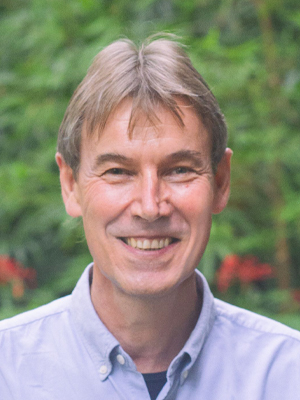
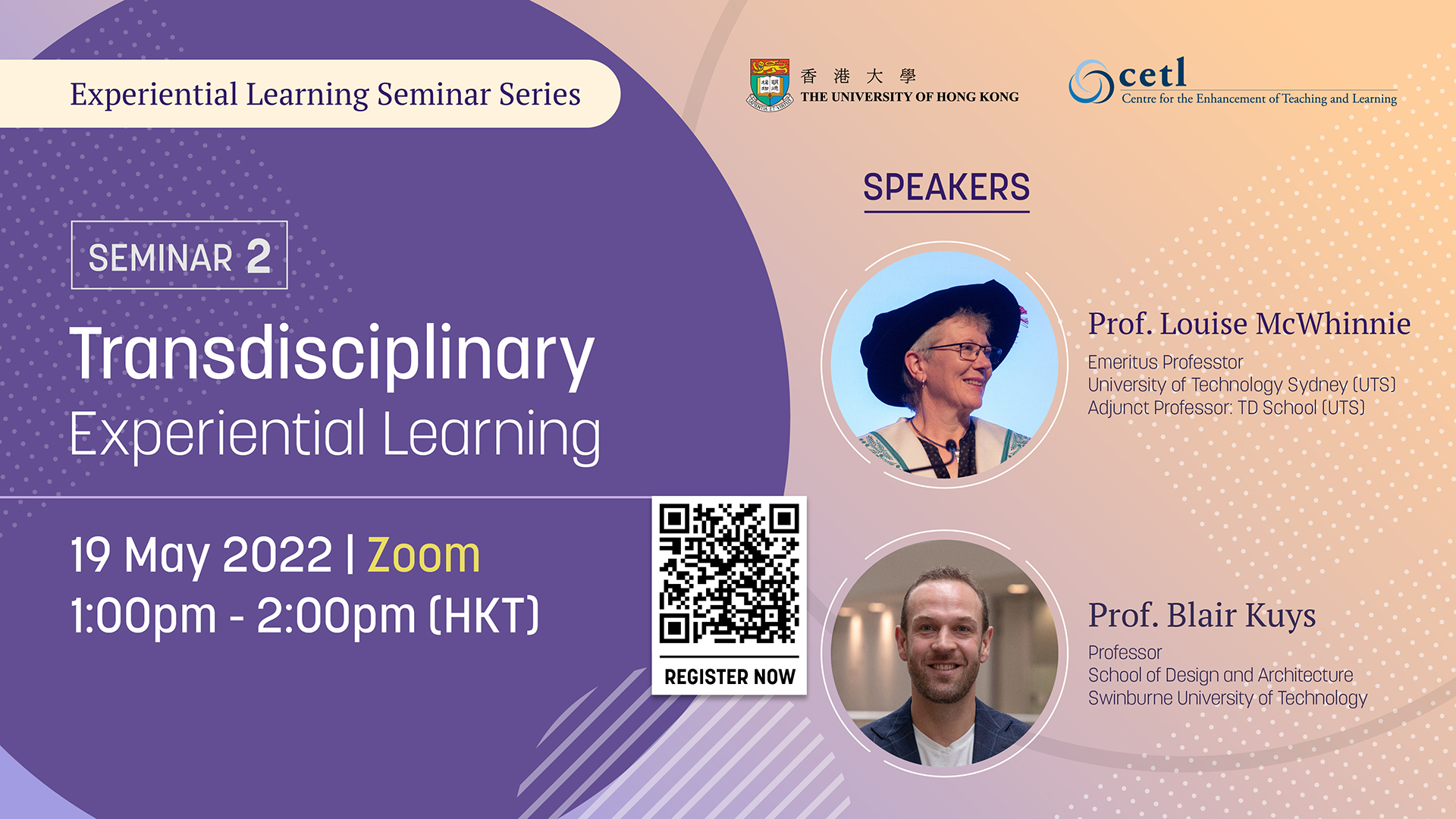
Time : 1:00pm – 2:00pm (HKT, UTC+8)
Venue : Zoom
Speakers :
Abstract
Transdisciplinary Experiential Learning… not just Student Learning – by Prof. Louise McWhinnie
This presentation explores the design and impact of experiential student learning within a transdisciplinary environment, and additionally considers how experiential learning and its benefits are not only for students.
Engaging students in experiential learning – Design-driven entrepreneurship in industrial design – by Prof. Blair Kuys
This presentation will provide context on connectivist learning theory and how that can be used to benefit industrial design and its inherent link with manufacturing. Creativity and innovation stem from a connectivist learning theory generating knowledge exchange between design and manufacturing. From an industrial design perspective, creativity pedagogy needs to address current issues in order to overcome creativity barriers for improving creativity in industrial design education. Facilitating staff development, providing creativity in training to students, encouraging group work and building a creative learning environment are all discussed. All of this will come if connectivism as a model is promoted to help wider the thinking of industrial design students, staff and course leaders.
Examples of how this approach is used for real-world projects is shown. Too often good ideas just stay ideas because it is expensive to develop new products. By linking manufacturing capabilities to these ideas, there is a greater chance of advancing them into commercial reality. Connecting designers and manufacturers creates conditions for a mutually beneficial partnership; manufacturers can expand their offering and designers can launch new products into the world. This mutually beneficial engagement between designers and manufacturers creates a platform for entrepreneurship and innovation to flourish.
About the speakers
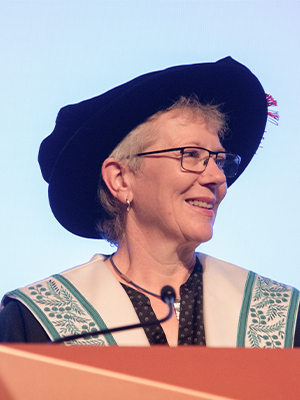
With UTS’s transdisciplinary vision, Louise was one of a small team of academics who designed and launched Australia’s first undergraduate transdisciplinary programme. The Bachelor of Creative Intelligence and Innovation (BCII) double degree quickly grew to be amongst the university’s most sought after programs. With its significant integration of industry, staff and students work with industry partners to address wicked, complex and connected problems beyond the boundaries of singular disciplines. Such educational innovation has resulted in numerous awards, including in what are known as the ‘oscars of education’.
Louise’s own research and its integration into teaching has also resulted in national and university awards and citations. She has undertaken radio, TV interviews and keynotes in Australia, and delivered keynotes, masterclasses and workshops in Auckland, London, Singapore, Istanbul, Washington DC, Chicago and Boston.

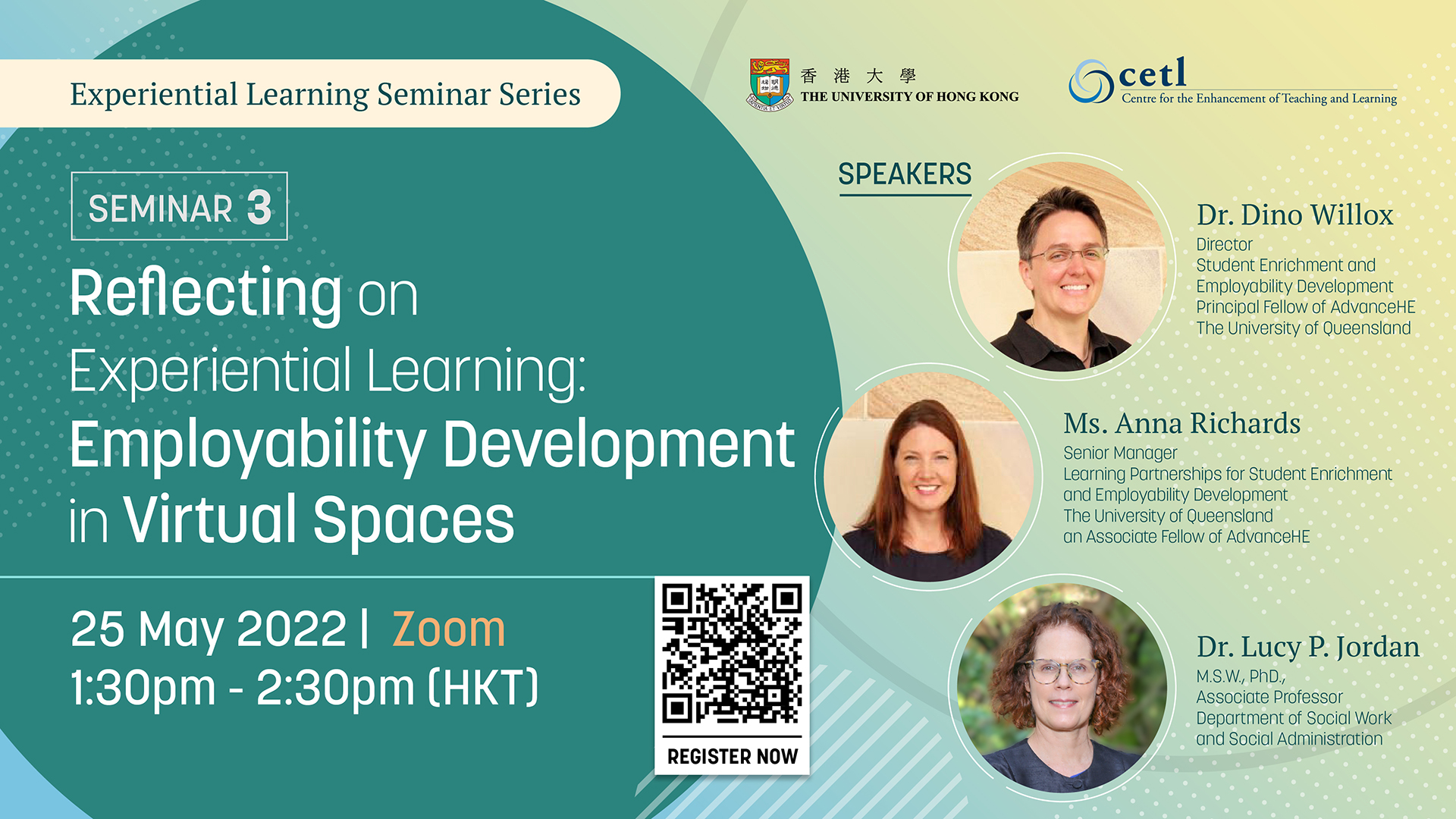
Time : 1:30pm – 2:30pm (HKT, UTC+8)
Venue : Zoom
Speakers :
Abstract
Focussing on self-reflective practice for enhancing employability, this presentation looks at how the SEAL method of self-reflection was applied in virtual extracurricular spaces during the last few years. We explore how technology was leveraged to create a cohort and build community online, and focus on the key success factors. We consider how this approach may, or may not, work for different virtual experiences and cohorts, suggesting a pragmatic approach to virtual experiential learning and community creation.
About the speakers
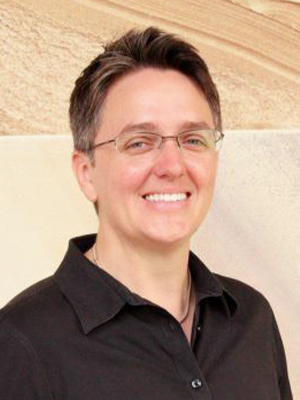
Outside UQ, Dino is Chair of the Employability Group and a member of the Student Experience Group for Universitas 21 (U21), a global network of research-intensive universities, and a member of the organising committee for the Australian International Education Conference. In a former life, they represented Wales, Great Britain, and Australia as a field hockey umpire in tournaments worldwide.


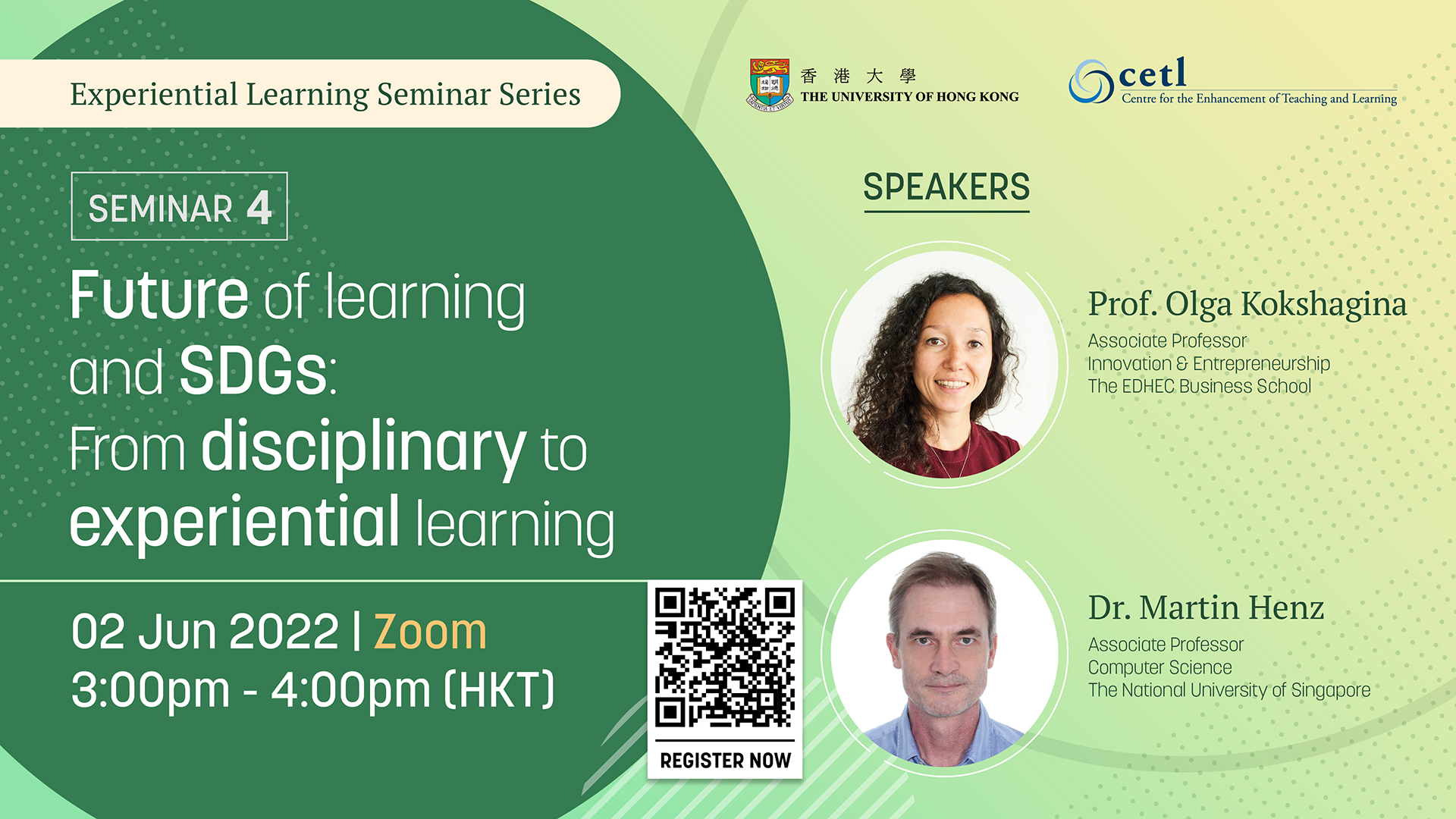
Time : 3:00pm – 4:00pm (HKT, UTC+8)
Venue : Zoom
Speakers :
Abstract
Future of learning and SDGs: From disciplinary to experiential learning – by Prof. Olga Kokshagina
Addressing global challenges or Sustainable Development Goals (SDG) require the involvement of the high education institutions (HEI). Recently many adopted initiatives such as challenge-based learning (CBL) fostering student transversal competencies, knowledge of sociotechnical problems, and collaboration with different stakeholders. Yet, the initiatives remain fragmented, HEI’s capacity in contributing to them remains unclear. In this research, we argue that CBL implementation within HEI might be enhanced through experiential learning. Based on a review of the academic and grey literature and qualitative study with 130 different stakeholders involved in HEIs, we first explore how different stakeholders within the HEI understand and deal with the transition to SDGs. Second, based on the requirements and insights we develop a framework for SDG transition based on experiential learning. This research supports future work and implementation of CBL by extending this concept to the experiential learning framework.
Meaningful online learning experiences with Source Academy – by Dr. Martin Henz
Motivation and a sense of belonging are crucial for a student’s learning journey in a computer science undergraduate programme, and well-staffed physical universities are uniquely positioned to meet this need. The COVID pandemic drastically reduced physical interaction among students and between students and educators with severe consequences for student motivation, sense of belonging, and general well-being. For facilitating learning activities, educators resorted to general-purpose online tools that typically lack the subject-specific depth and richness of human interaction required for effective first-year introductory courses. Starting in 2018, students and instructors of the Computer Science department at the National University of Singapore have built the Source Academy, an immersive online experiential environment for learning programming. This presentation describes how the Source Academy managed to overcome the challenges posed by the COVID pandemic, using a graphic-novel-style game, advanced collaborative features, and extensive support for online student-instructor interaction. Software demonstrations highlight the features that enabled effective experiential online learning of programming using computer graphics, sound processing, and robotics. The presentation concludes with an assessment of the improvements in student motivation and sense of belonging arising from the development of the Source Academy by senior students striving to improve the learning experiences of their juniors.
About the speakers


For information, please contact:
Ms. Lavina Luk, CETL
Phone: 3917 5272; Email: ytluk89@hku.hk
